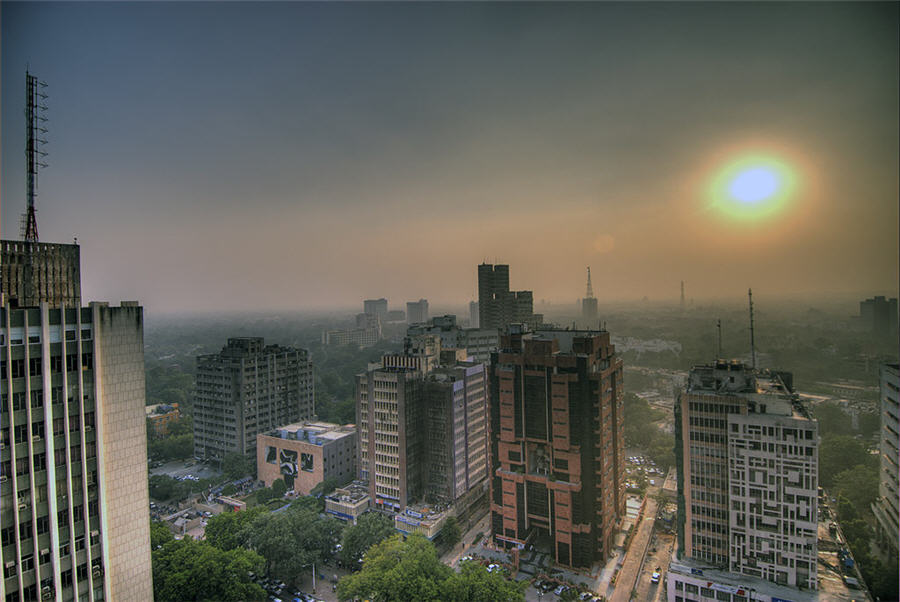India bans use of dirtier coal alternative in New Delhi area

* India annual petcoke demand nearly doubled in 4 years
* U.S. biggest petcoke exporter to India, the No.1 consumer
* Petcoke produces up to 11 pct more greenhouse gases than coal (Adds details)
India’s top court on Tuesday banned the use of petroleum coke, a dirtier alternative to coal, in and around New Delhi in a bid to clean the air in one of the world’s most polluted cities.
The court, which recently banned the sale of firecrackers in the New Delhi area, also ordered a ban on the sale and use of furnace oil – another dirty refinery by-product – in and around the capital and ordered implementation of strict emission norms by the end of December.
“It is a big win for clean air,” Sunita Narain, an environmental activist and a member of a committee set up by the government which recommended the ban of such fuels around the Indian capital, told Reuters.
The order comes after the Environment Protection Authority (EPCA), a government-appointed body, in April recommended to the court that it ban the fuels due to high sulphur levels.
India is the world’s biggest consumer of petroleum coke, a dark solid composed mainly of carbon, which emits 11 percent more greenhouse gases than coal, according to the Carnegie–Tsinghua Center for Global Policy. Burning it also emits several times more sulphur dioxide, which causes lung diseases and acid rain.
Annual demand for the fuel, which is more energy efficient than coal, has nearly doubled over the past four years to more than 27 million tonnes.
India tops deaths from pollution globally, according to The Lancet Commission on Pollution and Health, with 2.5 million Indians dying early in 2015 because of pollution. (http://reut.rs/2zyeKMV)
Indian health ministry data shows that respiratory issues killed about 10 people per day in the year ended March 2017 in the National Capital Region – a rapidly urbanizing and polluted area around New Delhi that is a third the size of New York state, but houses 2.5 times more people.
Those deaths could be the result of pollution from many sources, including coal, or have other causes.
The ban on the sale and use of petcoke, which will be effective from Nov. 1, could hit the country’s small and medium scale industries, which employ millions of workers and operate on thin margins.
Sulphur-heavy petcoke and other cheap, highly polluting fuels such as furnace oil are widely used by cement factories, dyeing units, paper mills, brick kilns and ceramics businesses.
Puneet Gupta, founder of online coal and petcoke marketplace CoalShastra, said “per-unit delivered energy for petcoke is much cheaper when compared to the next alternate, coal,” making it attractive for buyers. Users say they also prefer the fuel over coal because of its assured supply.
Such companies say banning cheap fuel might stunt their ability to expand and hire more staff, just as Prime Minister Narendra Modi is trying to create jobs.
Petcoke demand fell in August after Hurricane Harvey hit shipments from the United States, the biggest exporter to India, but analysts and traders say consumption is likely to recover and continue growing, unless there is a country-wide ban.
(Reporting by Sudarshan Varadhan; Additional reporting by Suchitra Mohanty; Editing by Susan Fenton)
{{ commodity.name }}
{{ post.title }}
{{ post.date }}




Comments